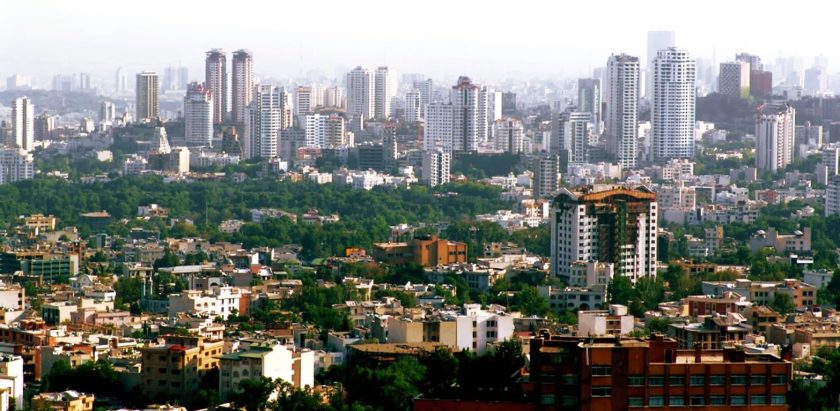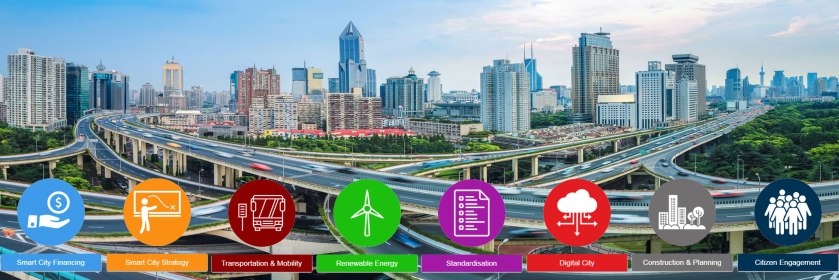The time has come to wrap up and say goodbye to Bengaluru. But just before I go, I’d like to talk about a few themes which I have found to be particularly important in my analysis of Bengaluru through the lens of Urban Political Ecology. Going through my blogs again, I realised that although I explored different topics each week, the ‘rapid urbanization’ of the city stood out as a crucial factor which has had huge consequences for nature and society in Bengaluru.

Rapid urbanization in Bengaluru
It also became clear to me that it is impossible to study ‘nature’ and ‘society’ in cities as two separate units which occasionally affect one another. These explorations have made me look at cities in a different way- I no longer view ‘nature’ as a distinct feature of a city but rather understand ‘nature and society’ to be multiple and complexly intertwined elements which inform and create one another in creative and often surprising ways. This was particularly evident through my examination of how discourses produce nature in cities and how this process is inherently political. I showed this in the examples of real-estate advertisements which transform and privatise nature, in the discourses of promoting ‘elite cycling’, as well as in the discourses laid out in various sustainable development programmes which produce different visions for the future of Bengaluru.

The national ‘Smart city’ project which produces a particular vision for the future of Bengaluru
These examples, as well as my analyses of the metabolic processes of air pollution and waste in Bengaluru revealed the political underpinnings of various interactions of ‘nature and society’. In particular, I saw that the socially marginalised are much more likely to suffer the brunt of environmental degradation, while those who are more responsible for the degradation are protected due to their privileged status in society. That being said, I also realised that power is not just held by institutions and the elite; rather local communities also have to power and ability to conserve nature through interesting ways such as the protection of sacred trees. So, I would like to end by saying that this eight-week journey has made me reconsider my personal role in cities; I now see myself and other citizens as active agents in cities, responsible for furthering the inequalities and environmental degradation but also having the potential to disrupt them.

Citizen’s initiative on tackling air pollution

Hi Nita! It’s really nice to see, that we all seem to have realized that we have an active role to play in our cities! I really enjoyed reading your posts! Thanks!
LikeLiked by 2 people